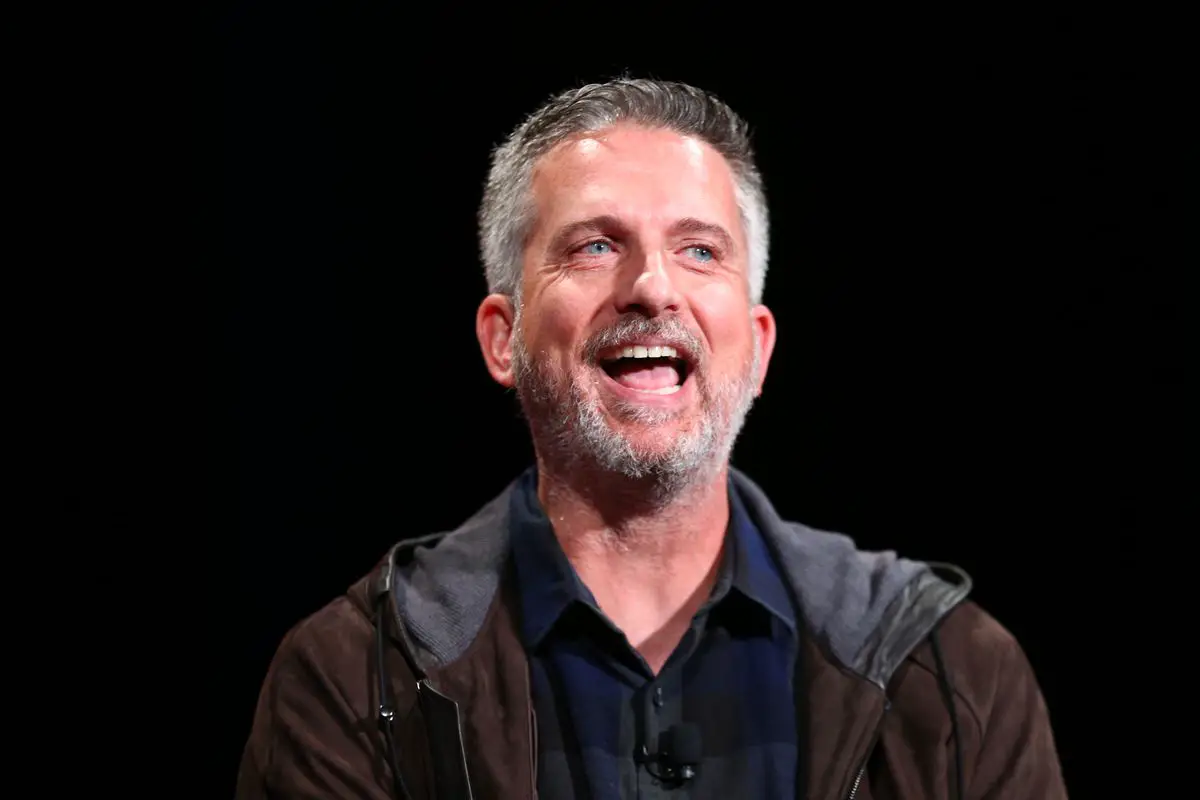Perhaps the best way to display the excellence of The Ringer would be to explain how the site came to be, which will provide insight as to why it is so successful after such a short period of time.
As an irrational Knicks fan, one of my favorite pastimes is hating the residents of Boston without justification. I ask myself every year, “How can they just win everything?” after the Patriots raise that year’s championship banner.
With that being said, there exists one super-fan of Boston sports that I wholeheartedly support: a grey-haired, evil genius named Bill Simmons. Despite his undying love for Boston sports and the innate bias that he will readily admit exists in his analysis, I believe that there are very few, if any, members of sports media that understand how to make an entertaining product more than Simmons.
After masterminding Grantland, a branch of ESPN’s website that offered a different perspective and direction, as well as the award-winning documentary series, “30 for 30,” Simmons was fired from ESPN in 2015 after a tumultuous final few year with the company.
Simmons is a very proud man. Following his removal from ESPN, a fire was lit underneath him, and he wanted nothing more than to direct a firm “fuck you” at his previous employers.
In 2016, Simmons launched The Ringer, a multimedia sports and pop culture site, with the intention of picking up right where he left off at Grantland. In fact, Simmons brought many of the writers and editors that he worked with at ESPN along with him.
From the site’s inception, it was clear that something special was taking place, as The Ringer’s willingness to try new things and take advantage of new media was a clear distinction from the formulaic, repetitive content that mega-corporations such as ESPN continues to put out to this day.
Podcast Network
Most people will recognize The Ringer for their podcasts, as they currently produce over 20 of the world’s top podcasts, including the site’s flagship program, “The Bill Simmons Show.” In 2018, the most important thing a media platform can provide for their audience is an endless stream of quality content, and The Ringer has that in spades.
“The Ringer NBA Show,” “One Shining Podcast,” “The Rewatchables” and “House of Carbs” are just a small sample of the variety that the site boasts, and each podcast offers different subject matter, from sports to food, to movies or gambling, there is a podcast for everyone on The Ringer.
In comparison, much of ESPN’s most popular podcasts are simply the network’s national radio shows broken up into a podcast format. Not only does the listener lose the ability to interact with the host, whether it be via phone or social media, but the content loses its exclusivity, in that the information that the podcast is presenting has already been released on the show’s live broadcast.
Small tidbit, The Ringer does not censor their podcasts either, which makes the conversations that take place on each program seem more genuine and less like they are being filtered before they reach the listener’s ears.
Writing Style
For writing nerds such as myself, reading a piece that sounds like a PowerPoint presentation immediately creates a separation between myself and the content. The Ringer has a writing staff that prides itself on maintaining their own distinct voices in their writing, which starts from the very top with Bill Simmons.
Simmons is a cynical (some would say cocky) writer, which makes him a pretty polarizing figure in the world of sports writing. However, I would argue that a consistent voice, along with a reliance on analysis as opposed to contrarianism, is the groundwork for a continuing relationship with a writer, and Simmons displays both of these traits in his writing while avoiding predictability.
He also knows how to build a fucking squad of writers unlike anyone else in American media. At Grantland, Simmons introduced Zach Lowe, the Anakin to Simmons’ Vader, who went on to become the best basketball writer on Earth.
Simmons’ ability to find talented wordsmiths remains unmatched, as The Ringer’s all-star cast includes, but is not limited to, the second coming of Christ, Shea Serrano, as well as Jason Concepcion, Alison Herman and Kevin O’Connor, each bringing their own specialties and ideas to the forefront of The Ringer’s overall identity.
The group’s distinctive personalities bleed into the quality of their podcasts as well, as there is an infinite amount of conversations that can be created by putting different writers next to one another.
Connection with an Audience
Let’s face it, major networks are still very awkward when it comes to their presence on social platforms. ESPN’s attempts to capitalize on internet culture rank among the top causes of the chronic cringing that takes place whenever I tune into a morning edition of SportsCenter.
The Ringer, however, has a firm understanding of internet culture, and take advantage of the presence that the site, and its writers, have on platforms such as Twitter. Regularly engaging their audience directly eliminates the echo chamber that such a massive influencer can fall into when they remain unchecked.
The Ringer is not afraid to write about a post that they saw on r/nba earlier that morning, or shape an entire podcast around the analysis and questions that their readers or listeners provide for them. The interaction between content creators and their audience is necessary for 2018, and don’t be surprised if The Ringer continues to find ways to further their connection with those who consume their material.
Above all else, The Ringer has done an amazing job of keeping itself grounded, in that everyone involved is able to come across as someone you might find yourself sitting next to at a bar; there is no “holier than thou” aura surrounding The Ringer, even though they have positioned themselves as one of the most powerful sports media outlets on the planet.

















